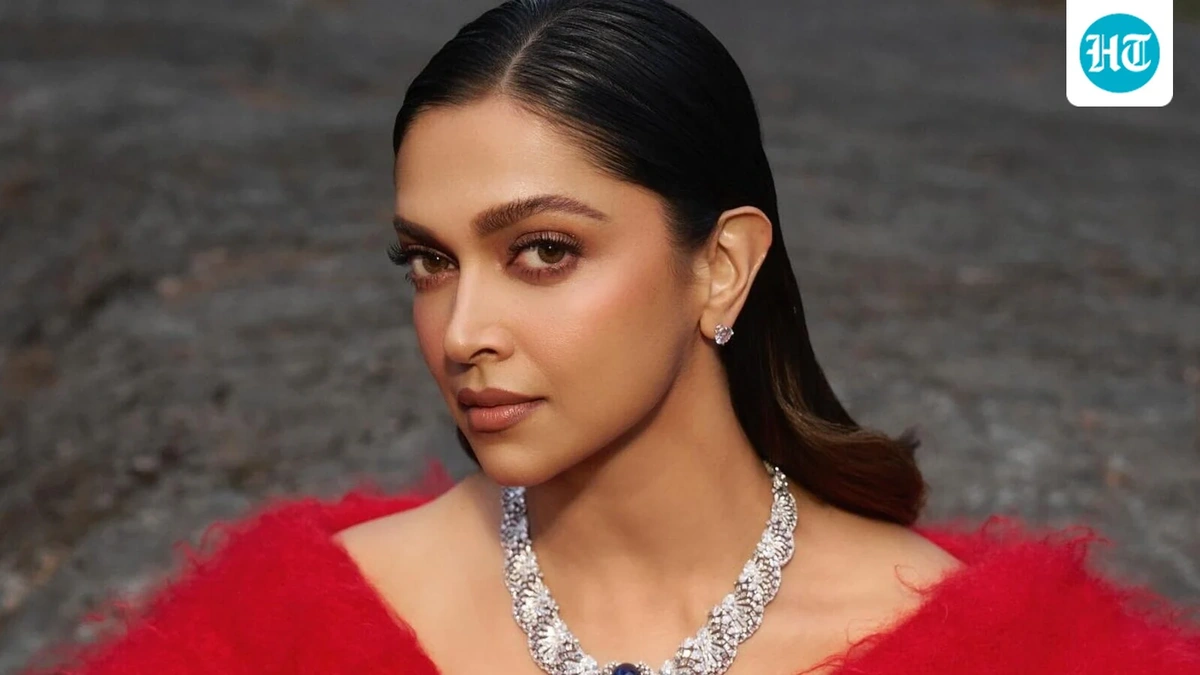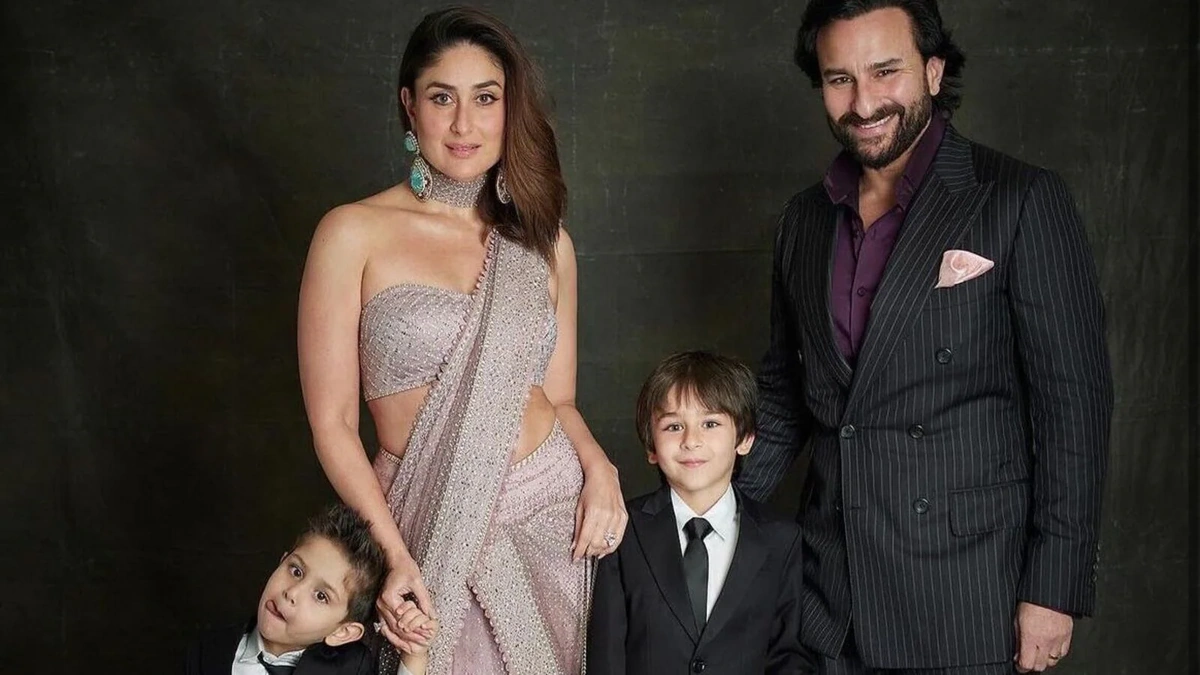Deepika Padukone Addresses Gender Bias in Bollywood, Defends ‘8-Hour Shift’ Request After Spirit & Kalki Controversy
Deepika Padukone – her name alone conjures images of talent, grace, and a powerful screen presence. But behind the dazzling lights of Bollywood, even stars like Deepika face challenges, especially when it comes to gender bias. The recent controversy surrounding her request for an “8-hour shift” on set, in the wake of ‘Spirit’ and ‘Kalki 2898 AD,’ has ignited a crucial conversation. But here’s the thing: it’s not just about one request or one film. It’s a symptom of a deeper, more systemic issue that affects countless women in the Indian film industry. Let’s dive into why this seemingly simple request is so significant and what it reveals about the state of Bollywood today.
The 8-Hour Shift | More Than Just a Demand?

So, what exactly happened? Reports surfaced that Deepika Padukone , known for her professionalism and dedication, had requested an 8-hour shift during the filming of her upcoming projects. This sparked a debate, with some questioning the feasibility and necessity of such a demand in an industry known for its grueling hours. But digging a little deeper, it becomes clear that this wasn’t just about personal convenience. It was a stand against the often-unspoken expectation of actors, especially female actors, to endure excessively long working hours, impacting their health and personal lives. The entertainment industry often has long working days which leads to burnout.
Let’s be honest, the film industry, not just in India, but globally, has a reputation for pushing boundaries – often at the expense of its talent. When reports initially came out, I thought, ‘Okay, another celebrity making demands.’ But then I started to think about the sheer physical and mental toll of consistently working 12-16 hour days. It’s not sustainable, and it disproportionately affects women, who often juggle family responsibilities alongside their careers. This shift request is significant.
Gender Dynamics in the Bollywood Spotlight
The controversy surrounding Deepika’s request throws a sharp light on the prevalent gender dynamics within Bollywood. Historically, the industry has been dominated by men, both in front of and behind the camera. This has often led to a skewed power dynamic, where women are expected to conform to certain norms and expectations, including accepting longer working hours and less favorable treatment. This has been ongoing for years and has become a central aspect of Bollywood. But how is it changing?
What fascinates me is how Deepika, with her established position and influence, is using her platform to challenge this status quo. It’s not just about her; it’s about paving the way for future generations of female actors who shouldn’t have to choose between their careers and their well-being. According to a 2022 report by Ormax Media Ormax Media , representation of women on screen has improved, but there’s still a long way to go in terms of equal opportunities and fair treatment behind the scenes.
And the film industry is a tough place to be a women. But, with more women speaking out about these issues, the industry can strive to do better. The gender pay gap continues to be an issue too.
‘Spirit’ and ‘Kalki 2898 AD’ | The Context Matters
The timing of Deepika’s request, following her involvement in big-budget projects like ‘Spirit’ (alongside Prabhas) and ‘Kalki 2898 AD’ (starring Prabhas, Amitabh Bachchan, and Kamal Haasan), adds another layer to the conversation. These films are known for their extensive production schedules and demanding shoots. Given the scale of these projects, it’s understandable that Deepika would want to ensure a healthy work-life balance, especially considering the physical and emotional demands of acting. Often times, film projects such as these will require more time and effort .
But, here’s where the ‘Why’ angle kicks in. It’s not just about the hours on set; it’s about the power dynamics at play. A male actor making a similar request might be perceived as assertive or proactive, while a female actor could be labeled as ‘difficult’ or ‘demanding.’ This inherent bias needs to be addressed if Bollywood wants to create a truly equitable and inclusive environment. It should be noted that this is not the first time that Bollywood gender norms have come into question.
The Ripple Effect | What Does This Mean for Bollywood’s Future?
Deepika’s stance has the potential to create a ripple effect throughout the industry. By openly addressing the issue of gender bias and advocating for reasonable working hours, she’s setting a precedent for others to follow. It’s a call for Bollywood to re-evaluate its working culture and prioritize the well-being of its talent, regardless of gender. This has brought more eyes to the gender norms in Bollywood.
I initially thought this was a straightforward request, but then I realized the deeper implications. It’s about challenging the norms, demanding respect, and creating a more sustainable and equitable environment for everyone in Bollywood. It might not happen overnight, but Deepika’s courage to speak out is a significant step in the right direction. What fascinates me is the potential for real, lasting change. It’s not just about this specific instance, but rather how it sets a precedent for future generations of actresses in Bollywood. Her influence is significant, and she is using it to make the industry better.
What Can Be Done to Improve Gender Equality?
Well there are a variety of things that can be done in order to improve gender equality. These include things like equal pay, equal opportunity, fair treatment, and so on. The most important thing is that the industry is trying to make things better. The conversation starts with an honest look at gender inequality .
FAQ
Why is Deepika Padukone’s 8-hour shift request controversial?
It highlights the industry’s long working hours and potential gender bias, where female actors’ requests may be viewed differently.
How does this relate to ‘Spirit’ and ‘Kalki 2898 AD’?
These are large-scale projects with demanding schedules, making work-life balance a relevant concern for actors involved.
What is the impact of gender bias in Bollywood?
It can lead to unequal opportunities, pay gaps, and pressure on female actors to conform to certain expectations.
How can Bollywood address gender bias?
By promoting equal pay, fair treatment, and challenging traditional power dynamics within the industry.
What can Bollywood do to improve in the future?
Bollywood can strive for a better and healthier working environment for all of its talent.
This moment for Deepika Padukone is very telling . It indicates that she is looking to improve the industry. This helps ensure that it is a better place for other women in the future. It is a huge step forward!













